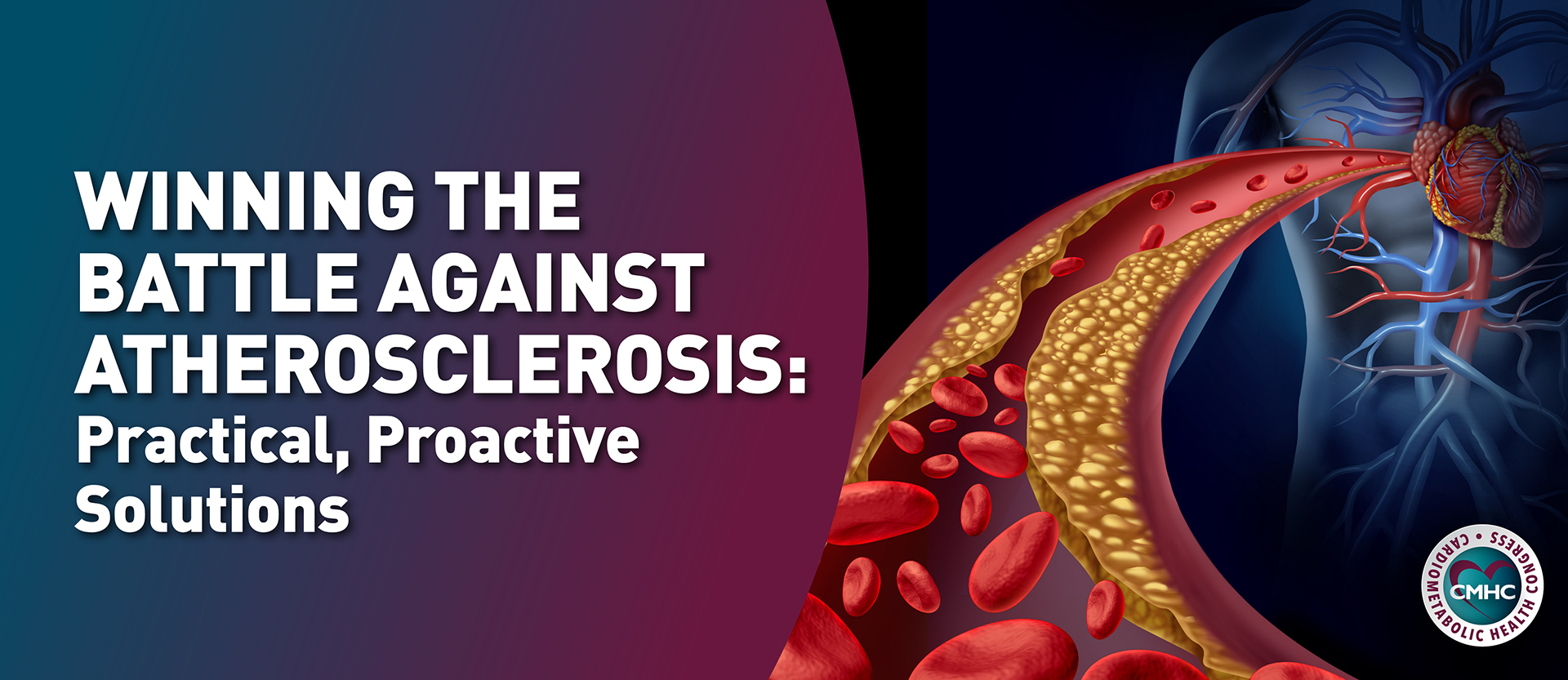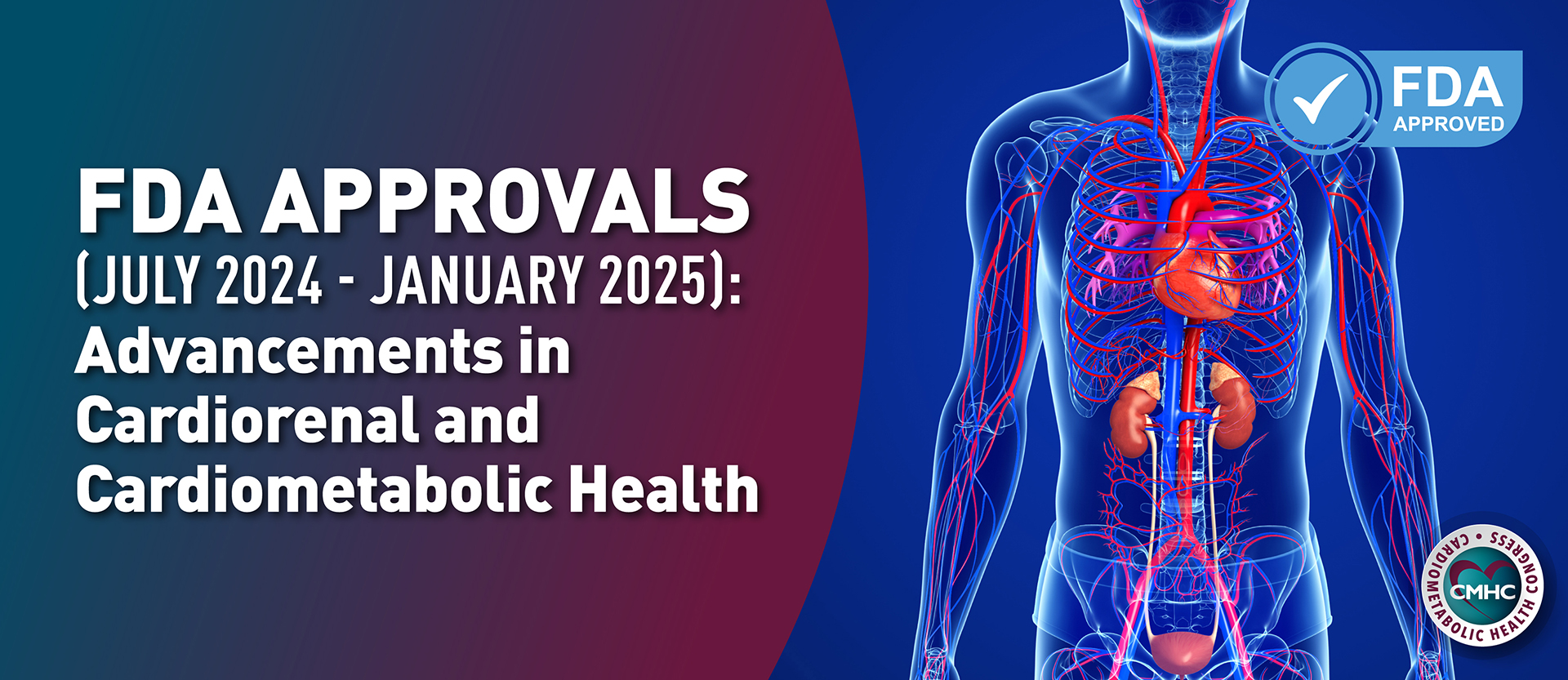Omega-3 fatty acids are commonly recommended by clinicians to reduce risk of an adverse cardiovascular (CV) event such as a stroke in patients with hyperlipidemia, hypertension, and other risk factors. Past studies have shown favorable outcomes for omega-3 consumption when measured by overall CV death, nonfatal CV events, and CV-related hospitalizations. However, new studies reexamining the relationship between omega-3 fatty acid and CV health have reported unfavorable findings, causing a stir in the medical community with regards to their use in CV management.
The basics: omgega-3 fatty acids
Omega-3 fatty acids are polyunsaturated source of fats that the body does not produce on its own, and thus must be introduced through diet or supplementation. They are an important component of cell wall structure and can improve bodily functions, including circulatory and CV processes. As an energy source, omega-3s are a robust source of calories.
The three most important omega-3s are alpha-linolenic acid (ALA), docosahexaenoic acid (DHA), and eicosapentaenoic acid (EHA). ALA, found mostly in plant foods such as seeds, nuts, and plant-based oils, is the most common dietary omega-3 and is crucial for digestion, absorption, and energy generation. DHA and EPA occur mostly in fish, seafood and algae, and aid in fetal development, retinal and immune function, and are thought to have anti-inflammatory properties.
Omega-3s and heart health
Either by consuming marine sources of omega-3s from fish, or by introducing it in the form a supplement liquid or pill, patients with risk factors for CV events like stroke or cardiac arrest have long been advised by cardiologists, nutritionists, and even the media and popular culture that omega-3 consumption is healthy. In fact, one of the most-suggested diets for heart health is the Mediterranean diet which places emphasis on plant-based oils, nuts, seeds, and fish – all rich sources of omega-3 fatty acids.
In 2017, based on positive findings from multiple randomized control trials, the American Heart Association (AHA) published an official statement on the CV benefits of prescription omega-3s. In the advisory, the AHA confirmed that omega-3 supplementation in the form of fish oil pills may prevent death from a CV-related event in patients who had suffered a previous heart attack. Based on empirical evidence endorsed by the AHA, many cardiologists and other providers caring for patients with a history of CV risk factors continued to recommend omega-3 consumption through diet, supplementation, or both.
The REDUCE-IT trial
The landmark 2018 REDUCE-IT trial examining the use of icosapent ethyl (a pharmaceutical-grade EPA) concurrent with statin therapy for disease management in more than 8,000 subjects with existing CV disease showed an impressive 25% reduction in adverse CV-related events, including death. Deepak L. Bhatt, MD, MPH, et al., found that, when compared to mineral oil placebo, subjects taking omega-3s showed significant CV benefit. The groundbreaking results of this trial resulted in U.S. Food and Drug Administration’s approval of icosapent ethyl to reduce CV risk in patients with “elevated triglyceride levels as an add-on to maximally tolerated statin therapy.”
The STRENGTH trial
Findings from a large randomized study published in JAMA in November 2020, however, report that omega-3 fatty acid supplementation using carboxylic acid (DHA and EPA) failed to show significant reduction of major adverse CV events in participants with existing risk factors. Lead author of the STRENGTH trial, A. Michael Lincoff, MD, of the Cleveland Clinic, noted that their use of the plant-based and possibly heart-healthier corn oil placebo could have affected the results: the use of omega-3s in STRENGTH underperformed those used in REDUCE-IT, but the differences could be attributed to the placebo not the omega-3s. “We believe the questions surrounding the benefit versus risk of fish oil will remain unanswered unless another trial using a neutral placebo such as corn oil is able to definitively show cardiovascular benefits for an omega-3 fatty acid medication,” Lincoff said. Conversely, Bhatt, et al. attribute the success of REDUCE-IT to the specific formulation of icosapent ethyl, and stress that mineral oil was a neutral placebo.
The OMEMI trial
Most recently, Are A. Kalstad, MD, principal investigator of the Center for Clinical Research at Oslo University Hospital-sponsored OMEMI trial, examined the use of omega-3 supplementation to prevent recurring heart attacks in patients over 70 years old.[6] Dr. Kalstad and colleagues reported the OMEMI findings at the AHA 2020 meeting: adding 1.8g of omega-3s (930 mg eicosapentaenoic acid and 660 mg docosohexaenoic acid) to standard CV therapy for older adults did not reduce hospitalization or death from CV-events when compared to corn oil placebo. In fact, nearly twice as many patients in the omega-3 study group experienced new atrial fibrillation, when compared to the placebo group. Researchers cautioned, however, that the relatively small participant pool and the specific patient demographic of this study should be considered when interpreting these findings.
Possible confounders
Independent of the controversy regarding the use of mineral oil versus corn oil placebo, there are some other possibilities for why omega-3 supplementation for CV risk reduction has yielded mixed reviews. In all three trials mentioned, omega-3 fatty acids were introduced in the form of pharmaceutical supplements. It is possible that the dietary practice of consuming omega-3s from marine sources (fish and seafood) has more beneficial effects than fish oil supplementation because simply choosing the more healthful option of lean fish over red or processed meats has CV benefits. In other words, the observed health benefits are the result of skipping the steak, not eating the salmon.
Another possible reason that omega-3 consumption has shown promise in practice but is less convincing in trials could be the form of omega-3s studied. The REDUCE-IT trial examined just EPA, while the STRENGTH and OMEMI trials used EPA and DHA. Neither study introduced ALA to its participants, which providers and the public know is an important plant-based omega-3 crucial for many bodily processes, and would certainly be present in a diet-based approach to increasing omega-3 levels in patients with existing CV risk factors.
Key takeaway
Recent studies examining high doses of omega-3 fatty acids in the form of pharmaceutical supplements cast doubt on previous findings that suggested the positive CV effects of omega-3s. Although the official AHA guidance on omega-3 supplementation for CV support has not changed, the medical community should be aware of the new findings and expect additional investigations and expert input on the safety and efficacy of omega-3 supplementation in this patient population.


















